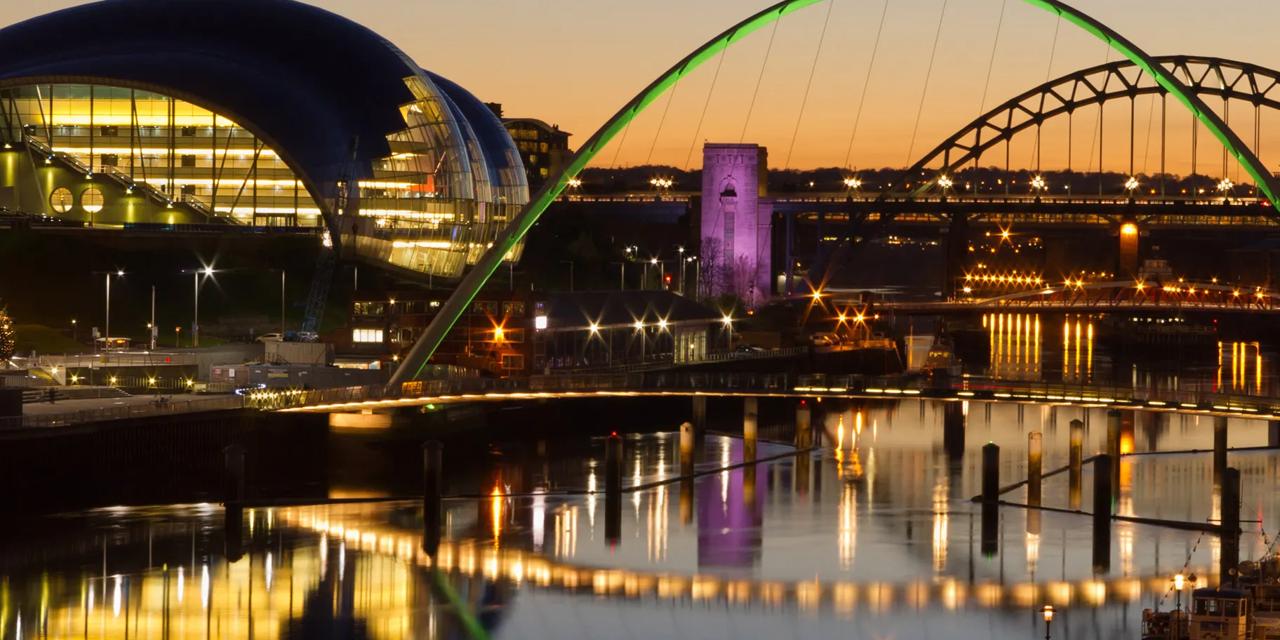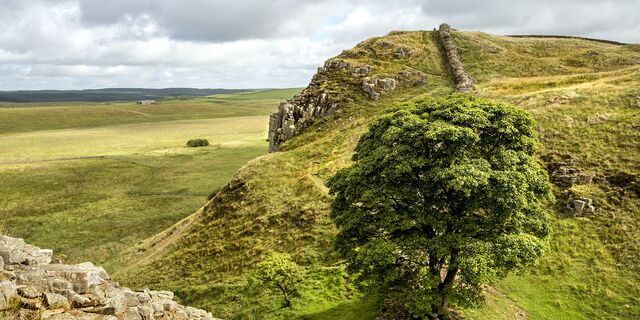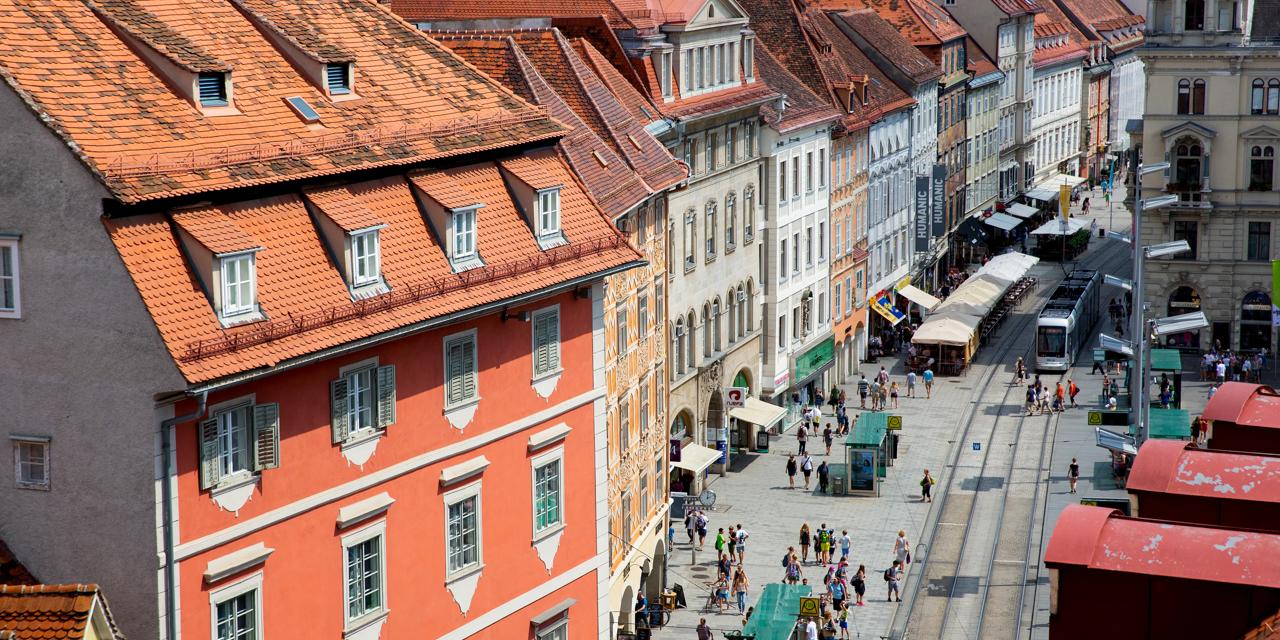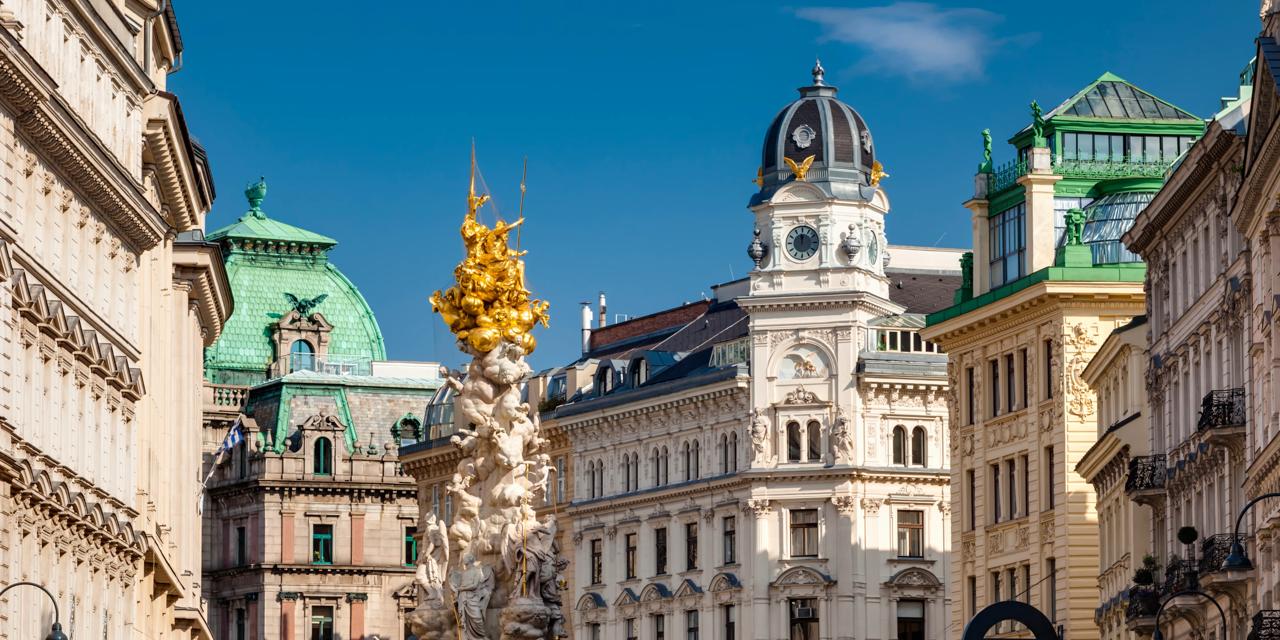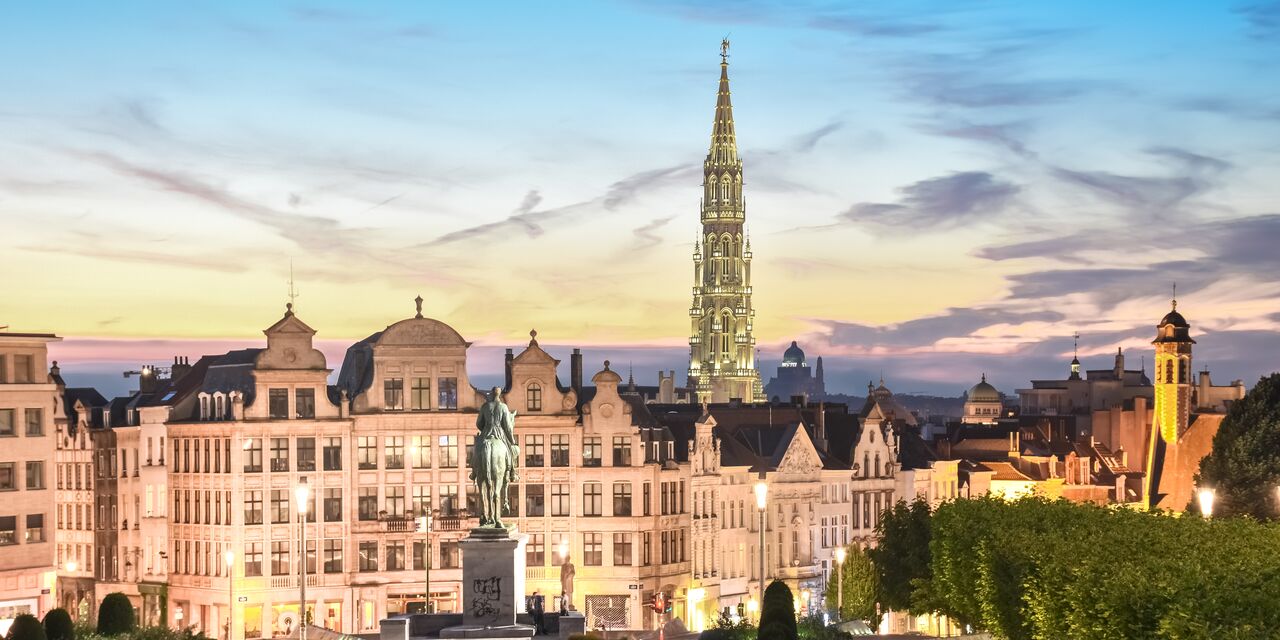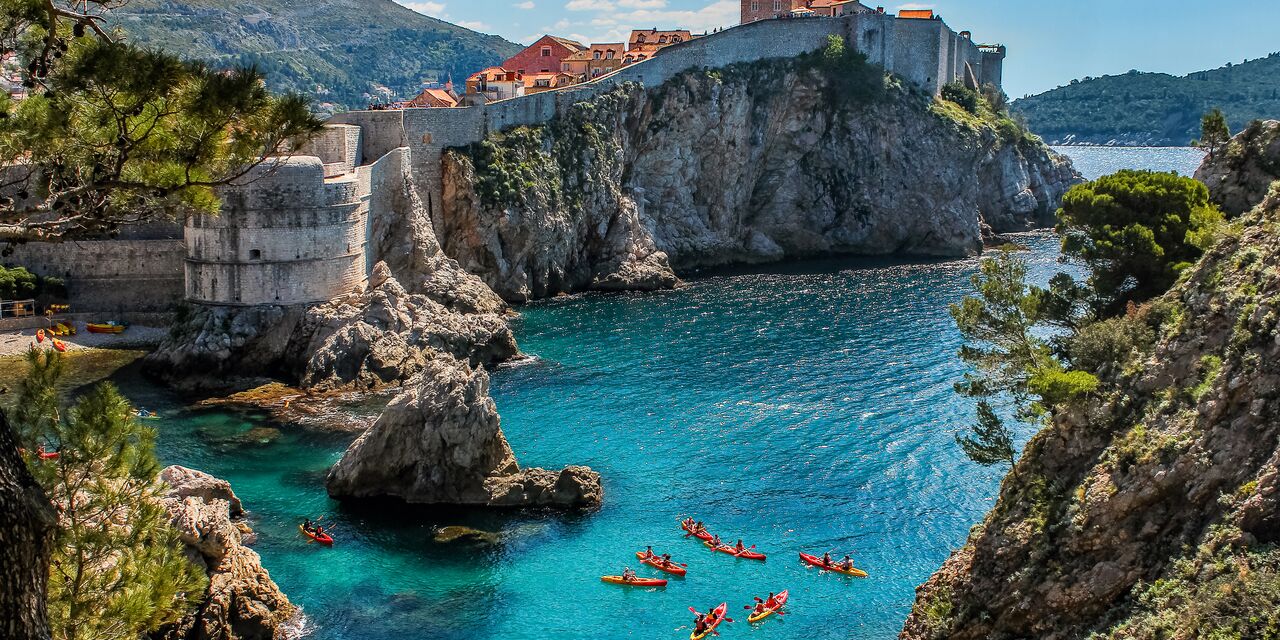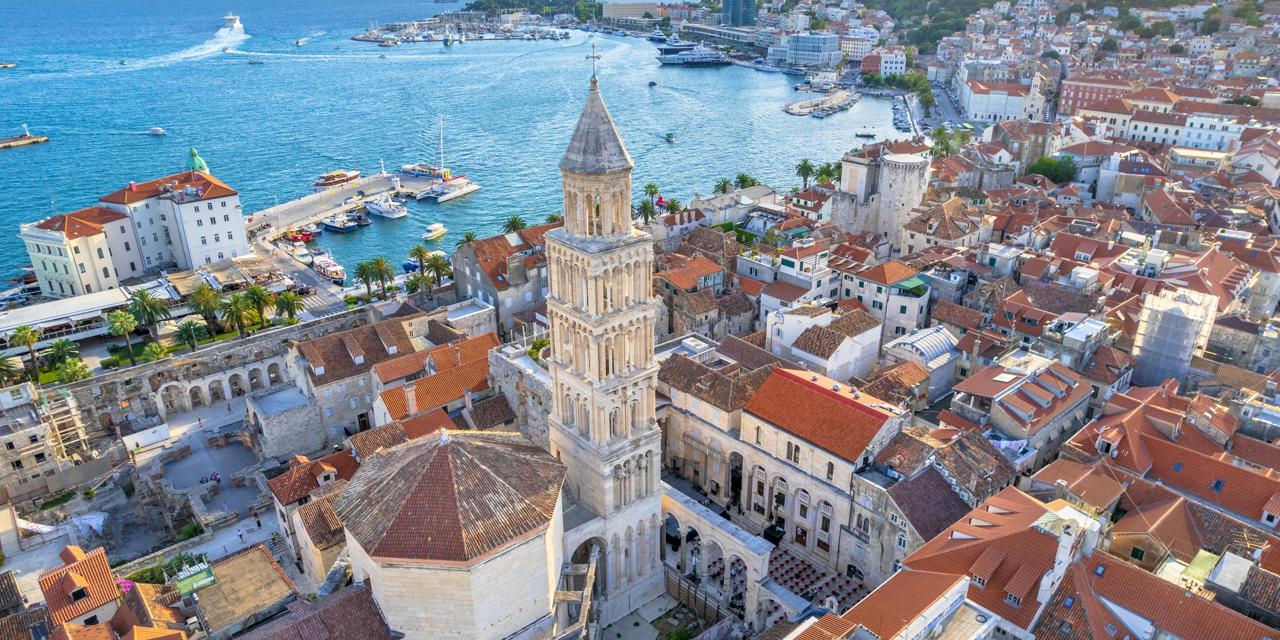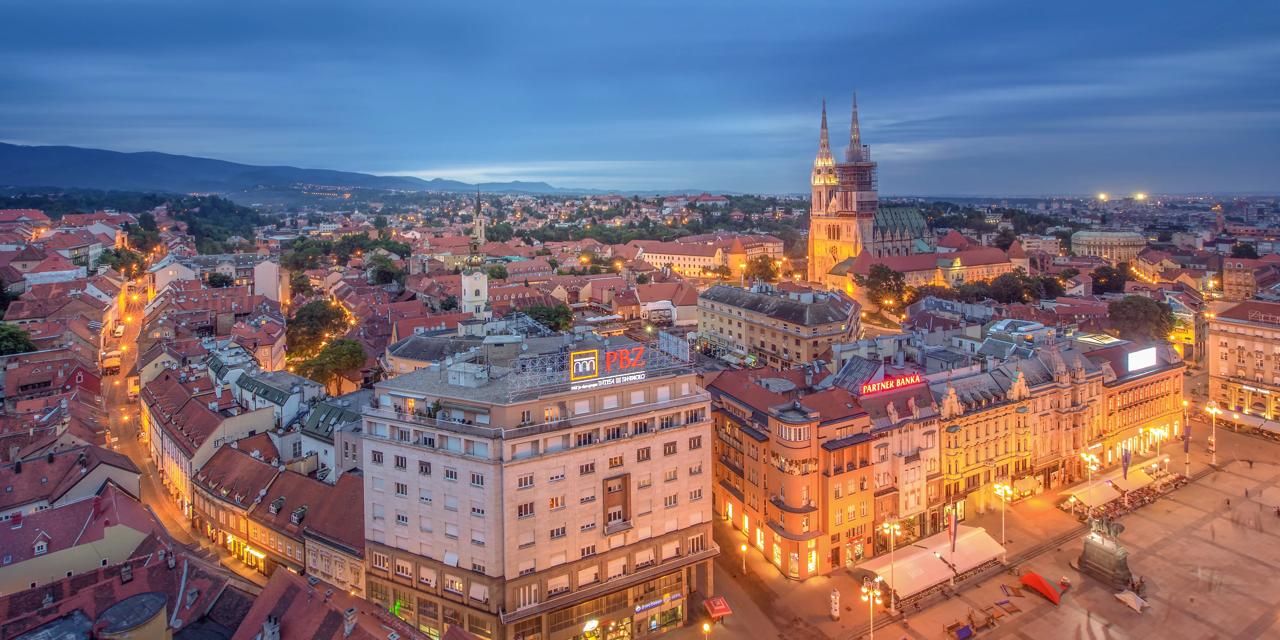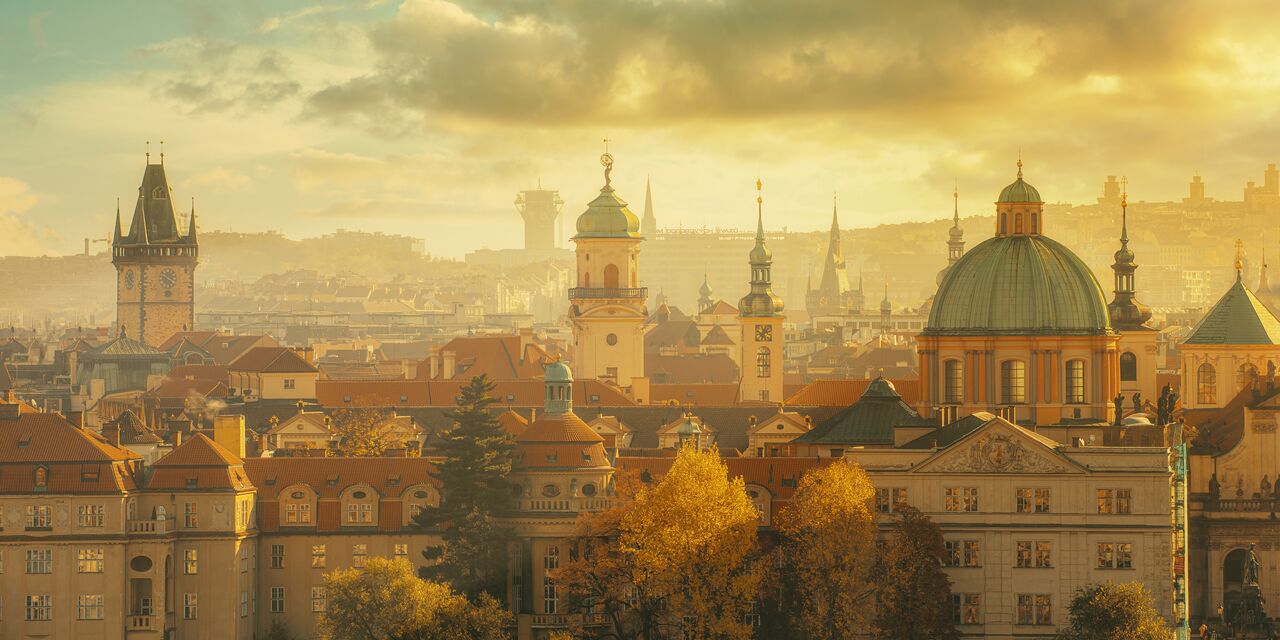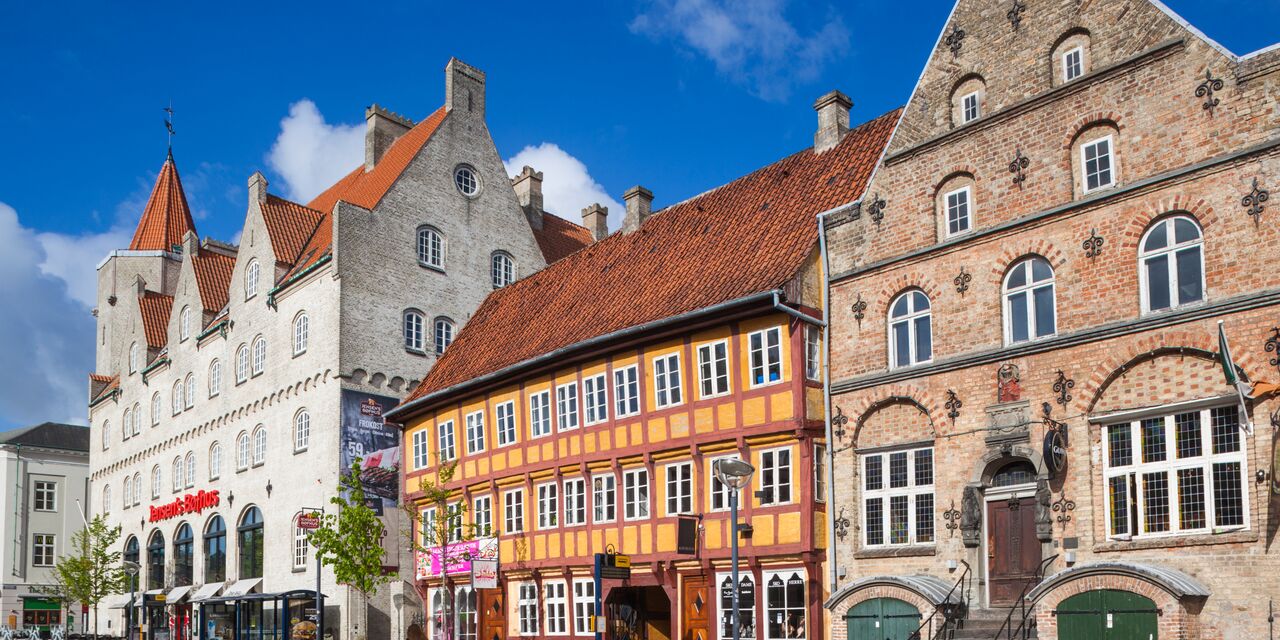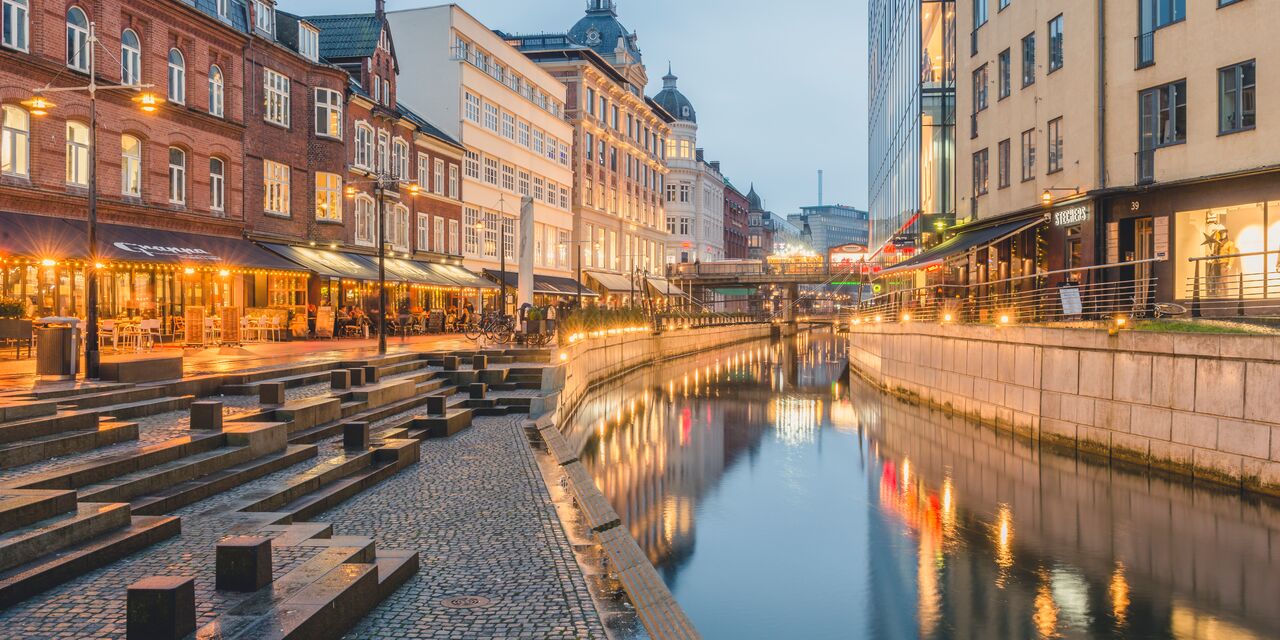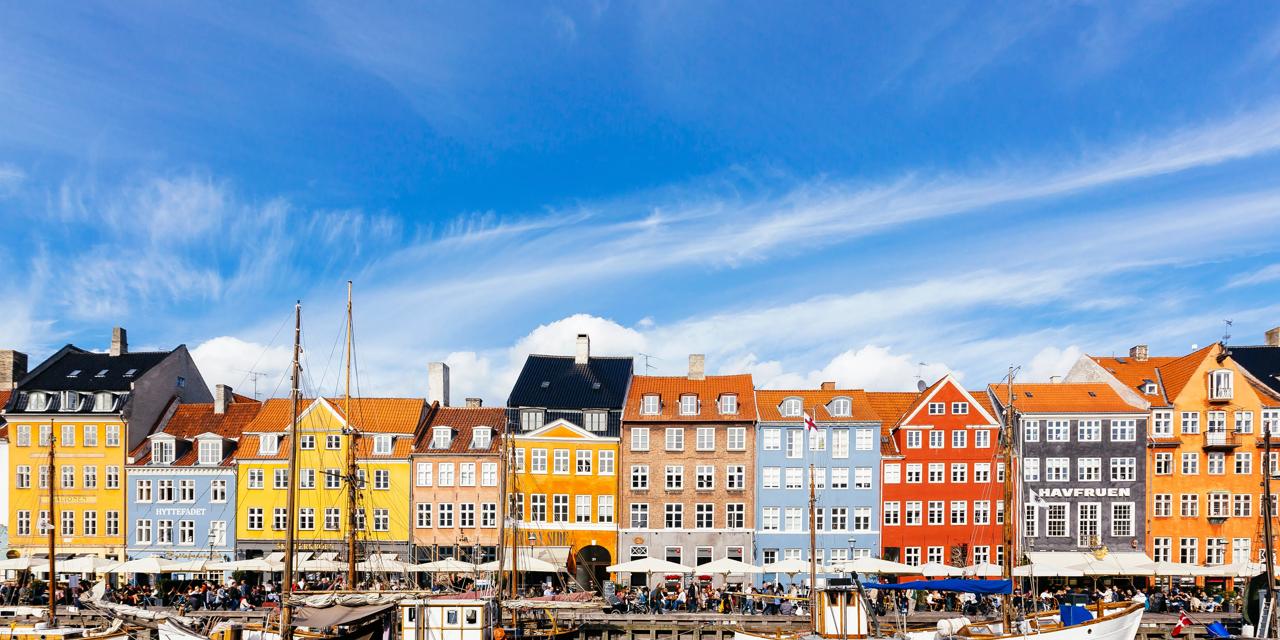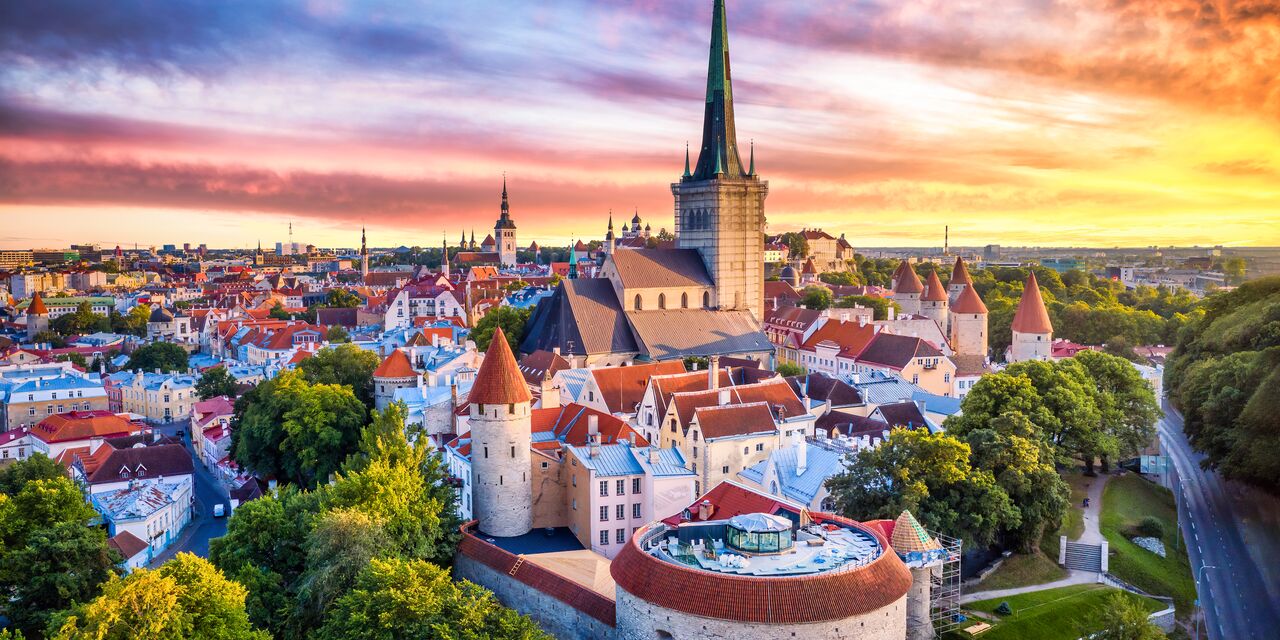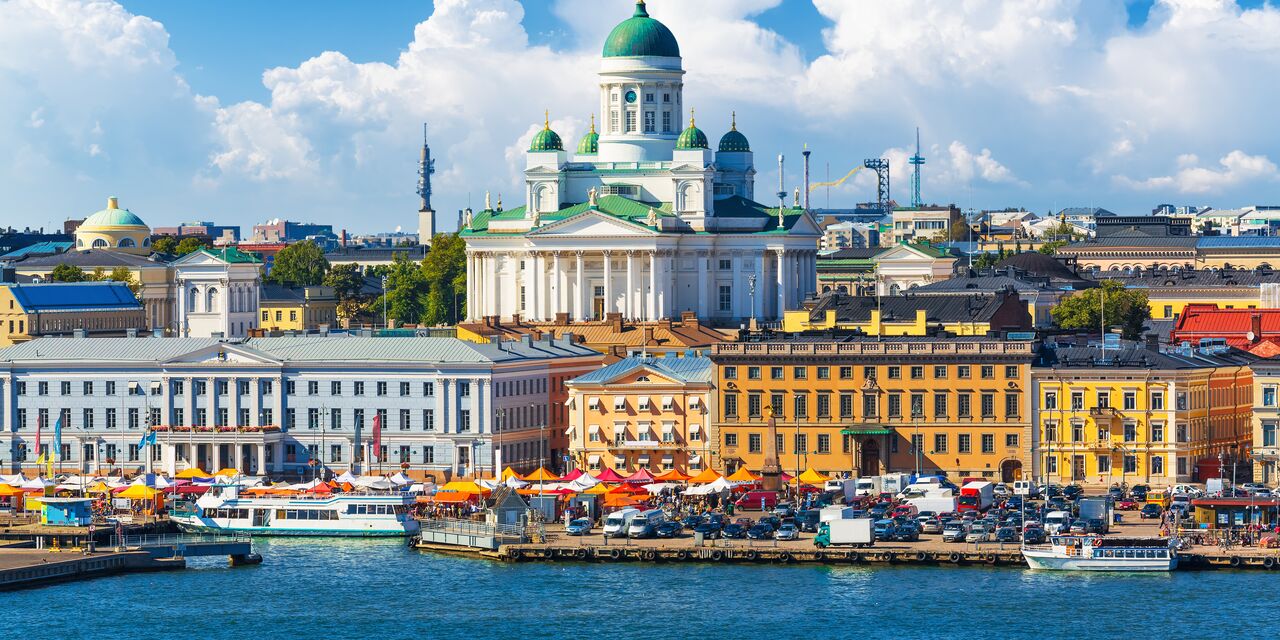Art in grain silos
Newcastle’s recent history is as dark as the coal that was mined here for decades. A booming era was followed by a period of high unemployment; shipyards and mines closed and factory halls stood empty. In recent years, much of the city’s industrial heritage has found a new purpose. BALTIC, located in former grain silos on the south bank of the River Tyne right next to the Millennium Bridge, houses the international museum of contemporary art. The museum does not have a permanent collection, but instead hosts a variety of temporary exhibits, displayed in 4 rooms. The art is as diverse as the artists themselves, representing every corner of the world – including Newcastle. The view across the River Tyne from the 5th floor shows a changing city. The collection of building styles is truly bewildering. Also situated on the south bank is Sage Gateshead: a concert hall of glass, aluminium and steel that vaguely resembles a Coca-Cola bottle on its side. The north bank features some exceptional Victorian merchants’ houses. Further along on a hill, a fluttering flag marks Newcastle’s medieval castle. The view from the museum is even more impressive by night, when the Millennium Bridge is illuminated.
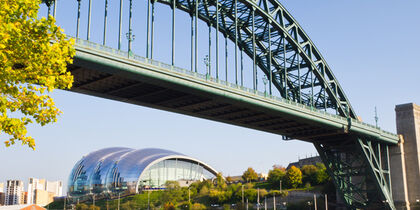
A visit to Earl Grey
From the Millennium Bridge you can take a beautiful stroll along the Quayside towards the other bridges. Today the coal barges no longer sail by; the former trading quay is now a bustling promenade with bars, cafés and restaurants. From the Tyne Bridge runs one of the main streets of interests in Newcastle: Grey Street. Half of the majestic buildings along Grey Street are monuments and at the end of the street stands a statue of Charles Grey (1764-1845), the man who is better known as an ‘earl’ and more famous for his favourite tea than for being a former prime minister of the United Kingdom.

